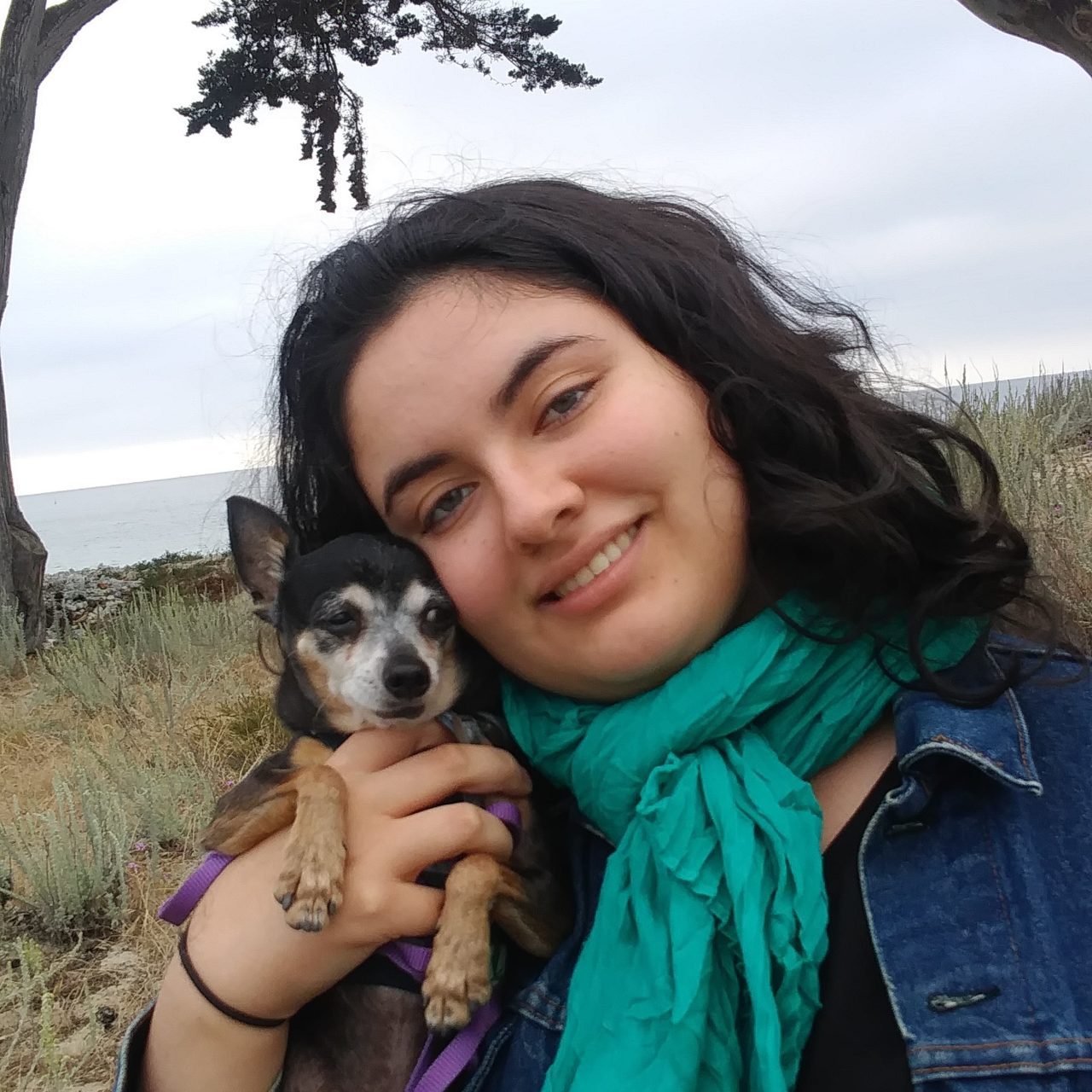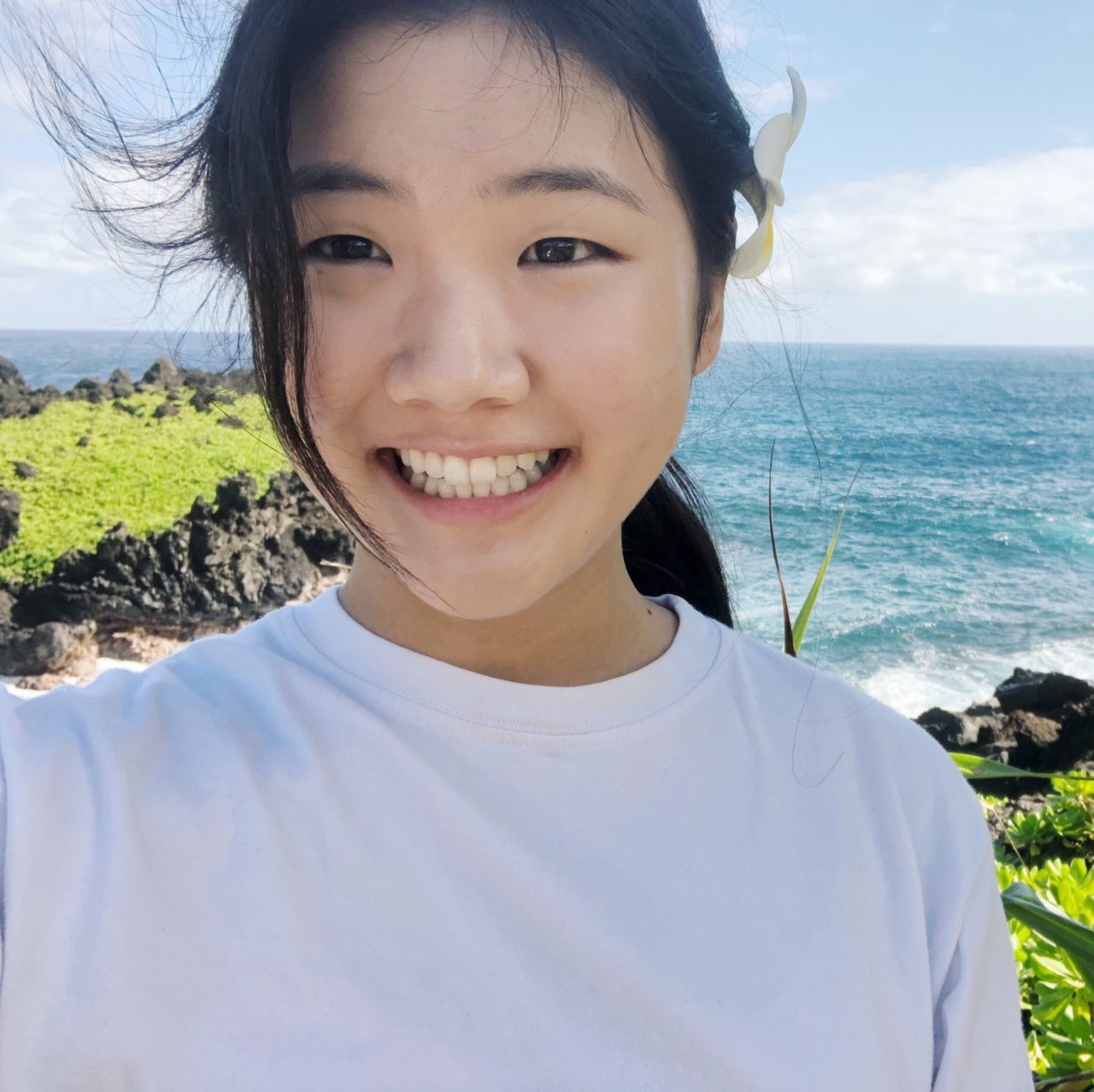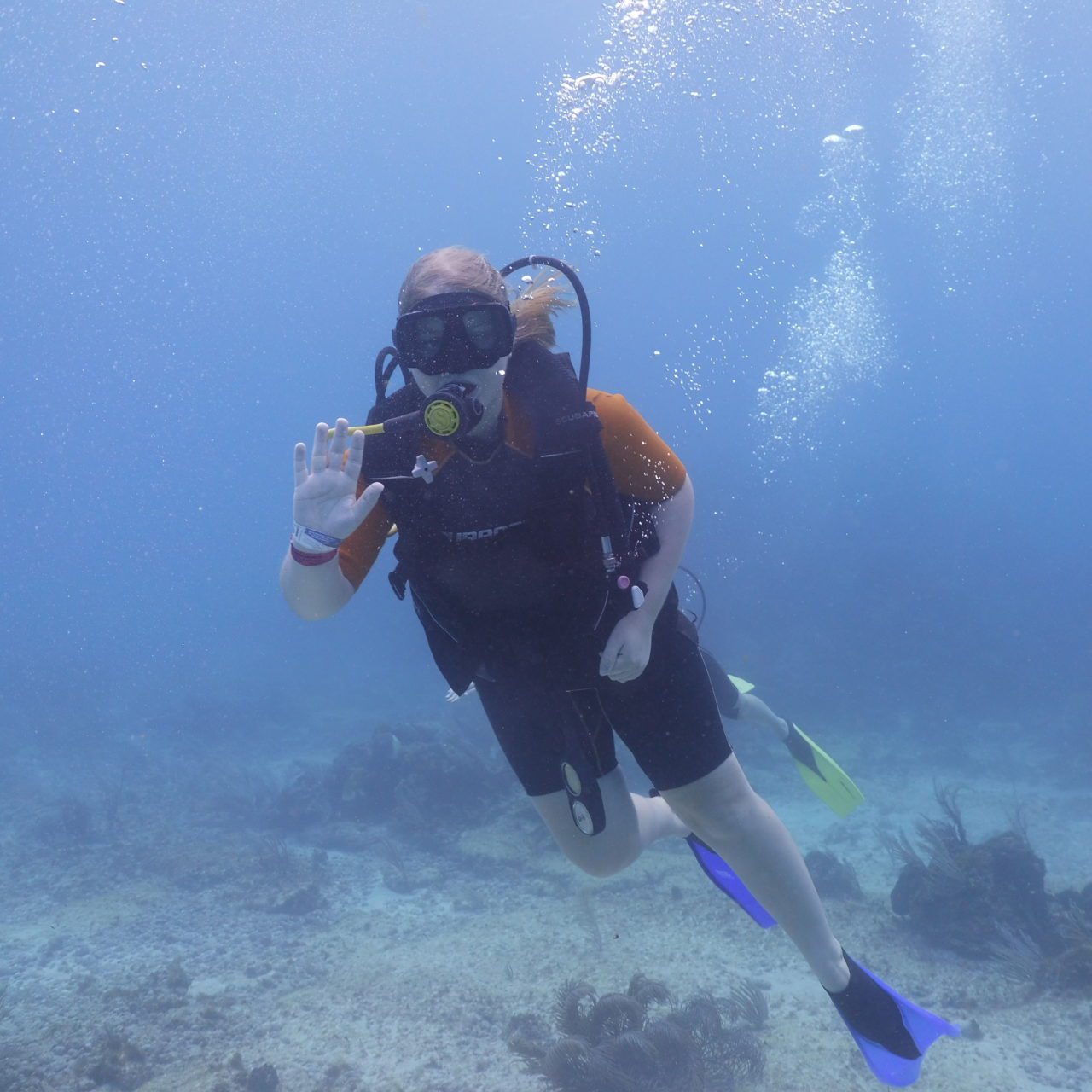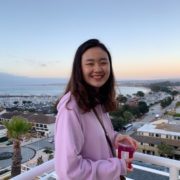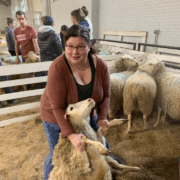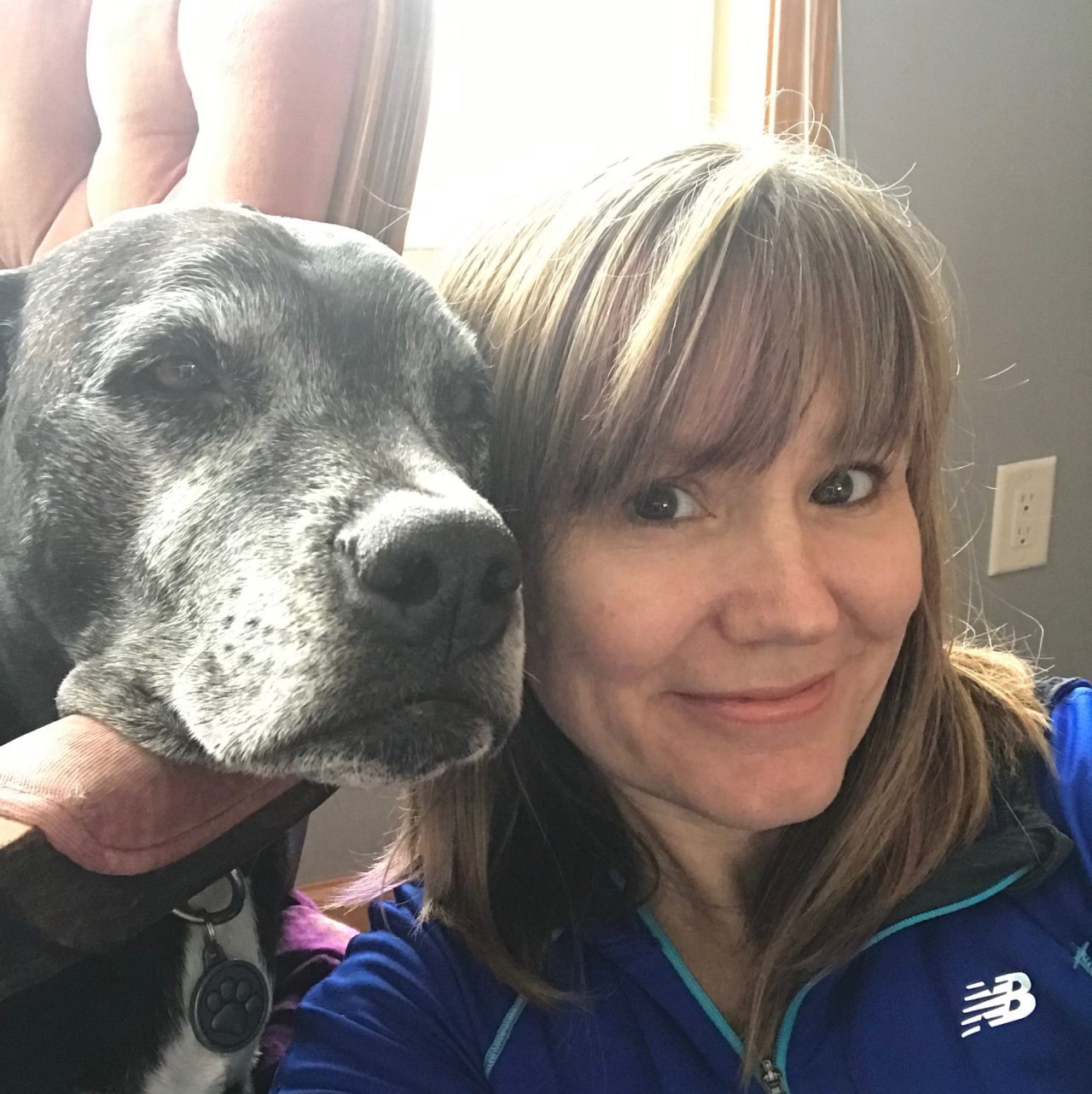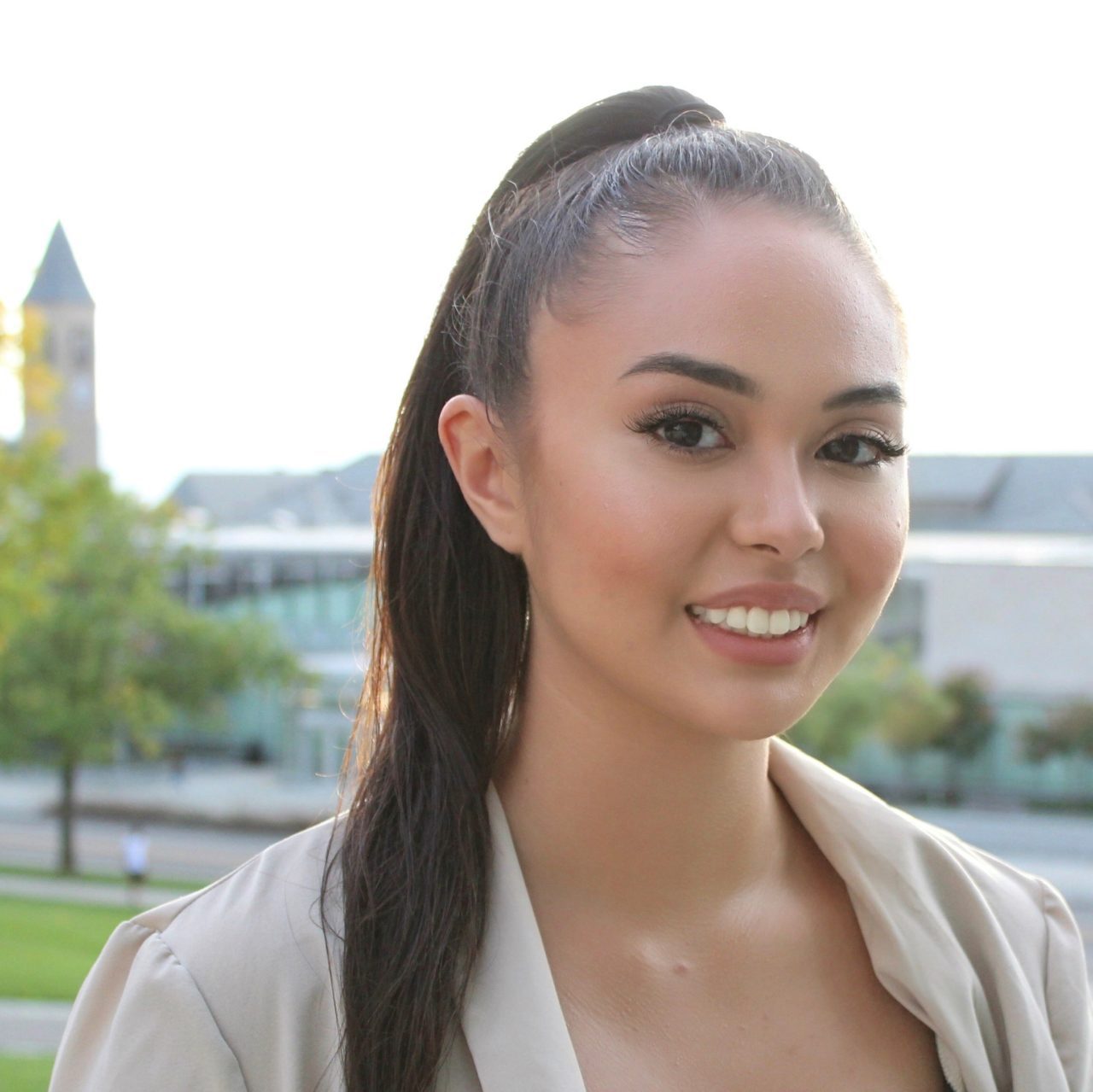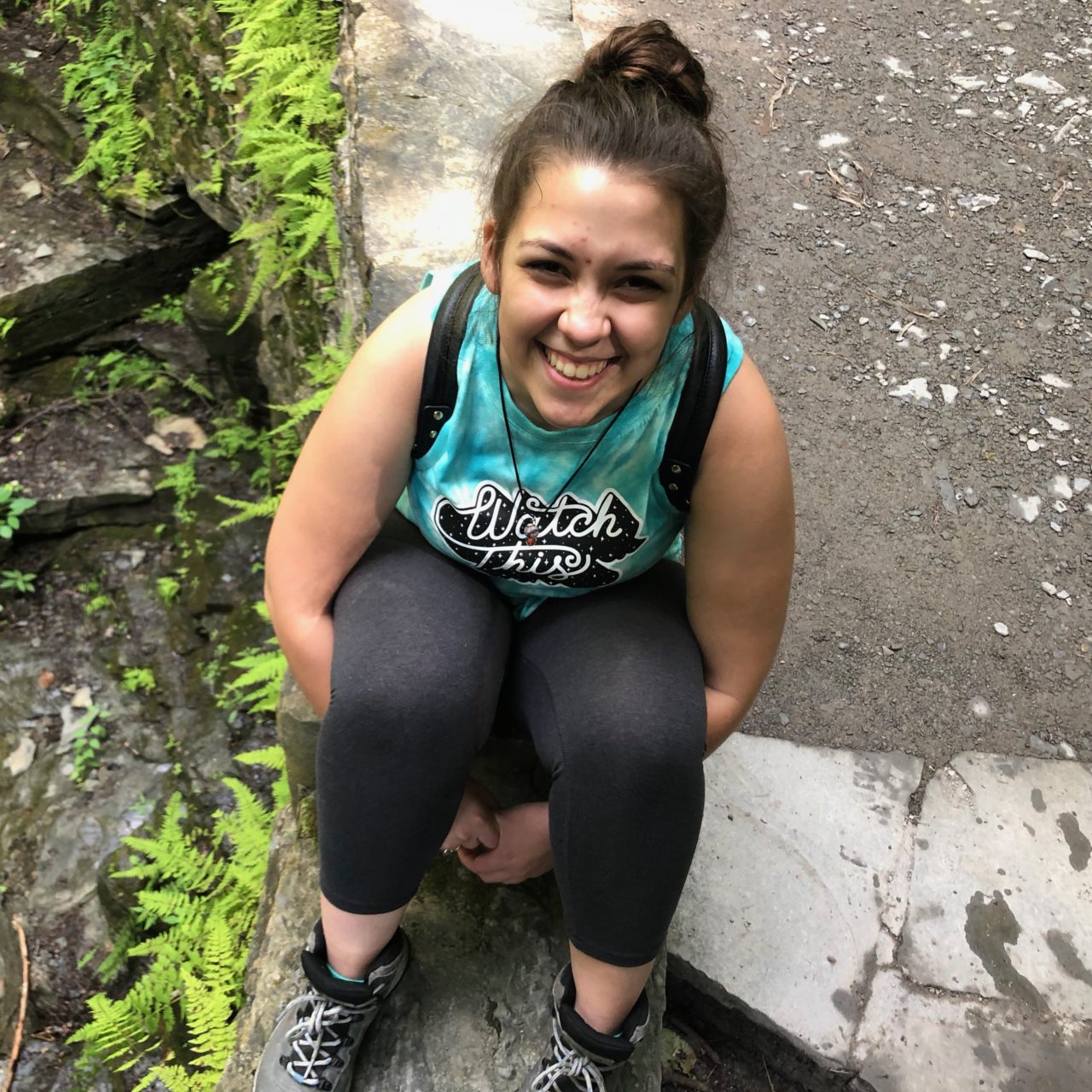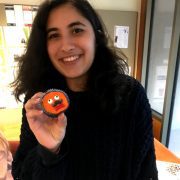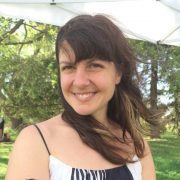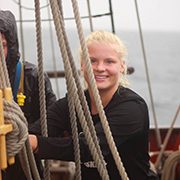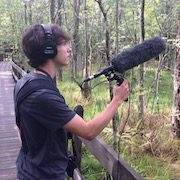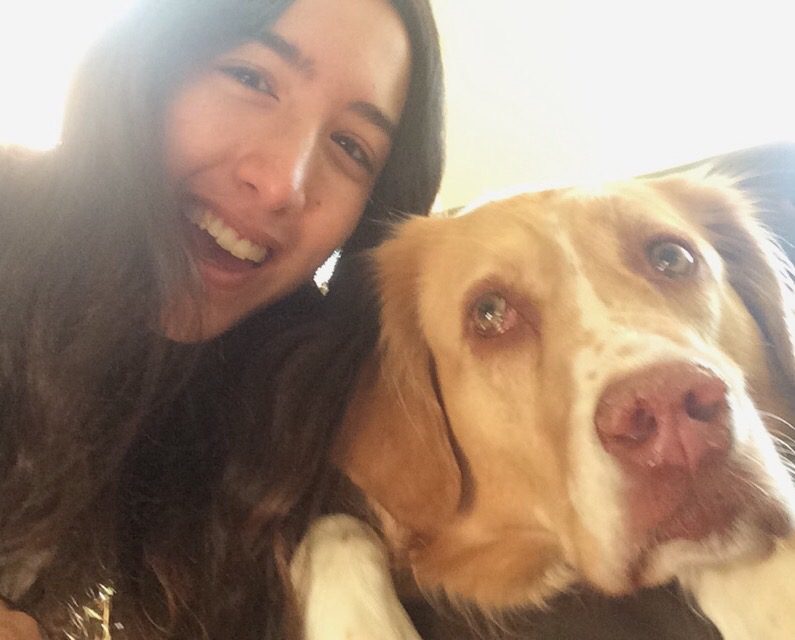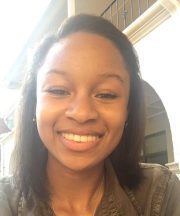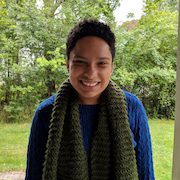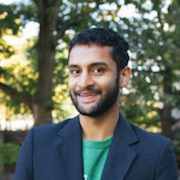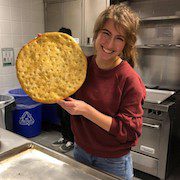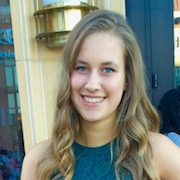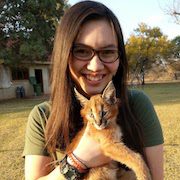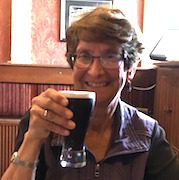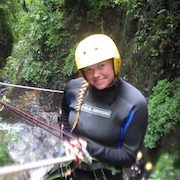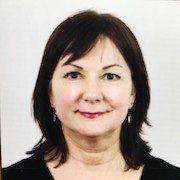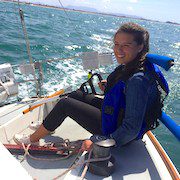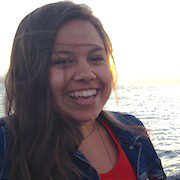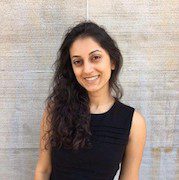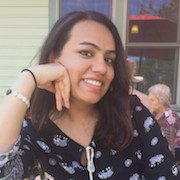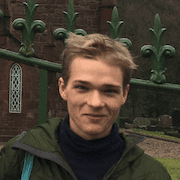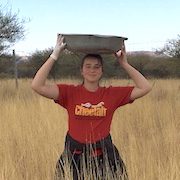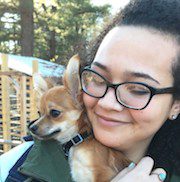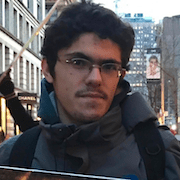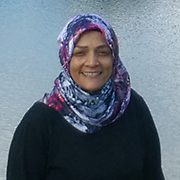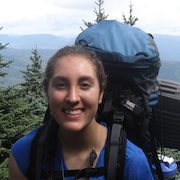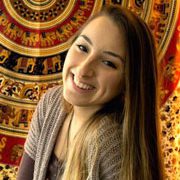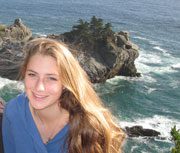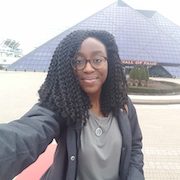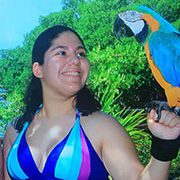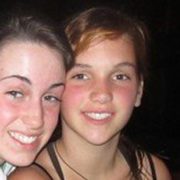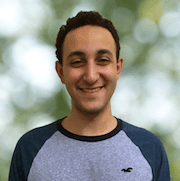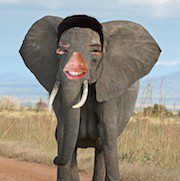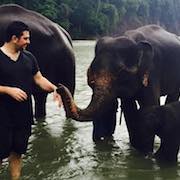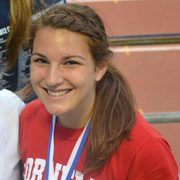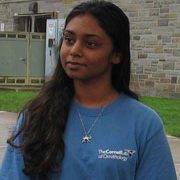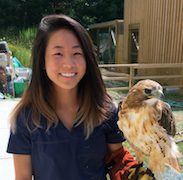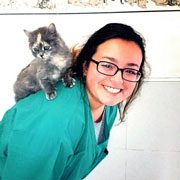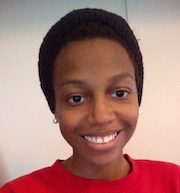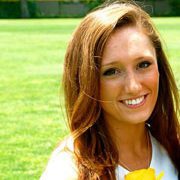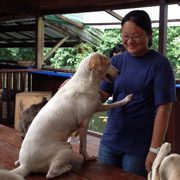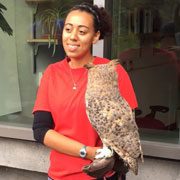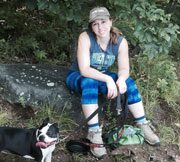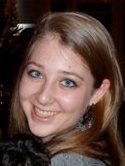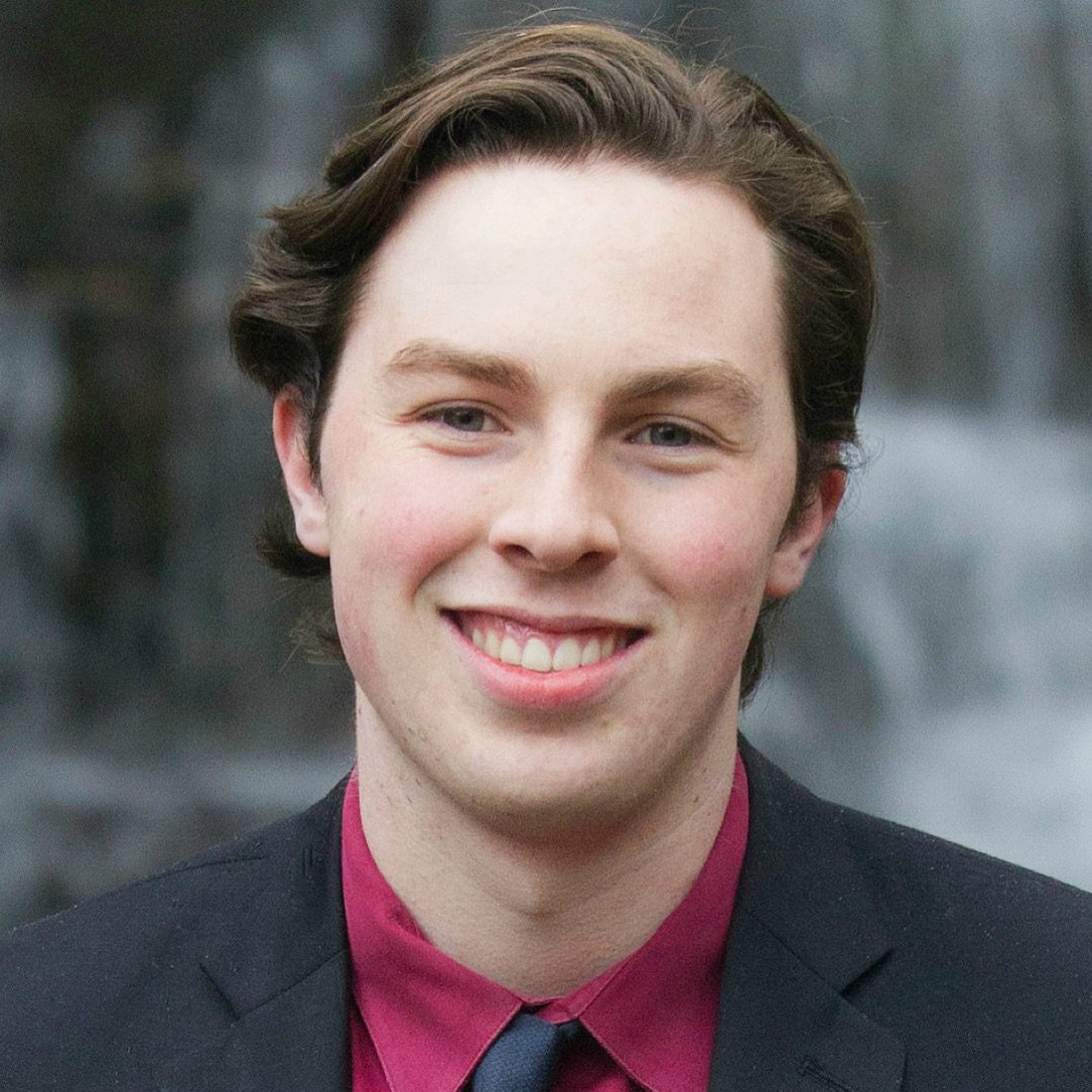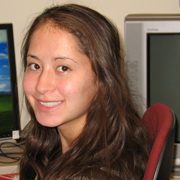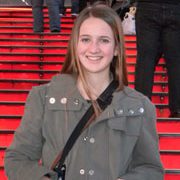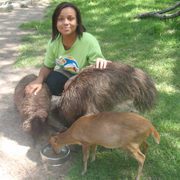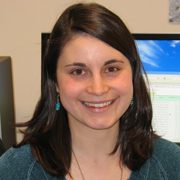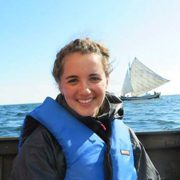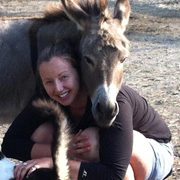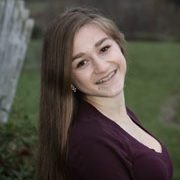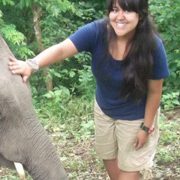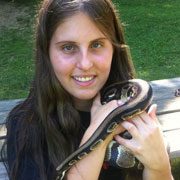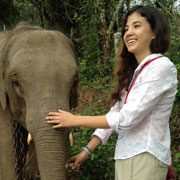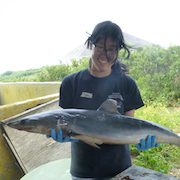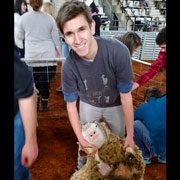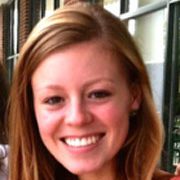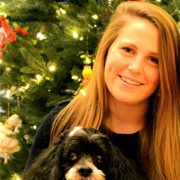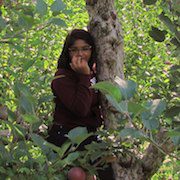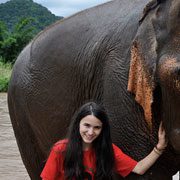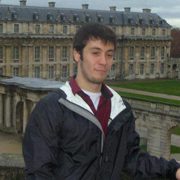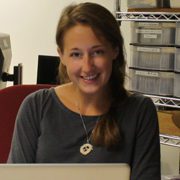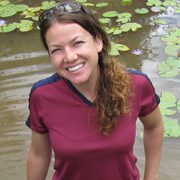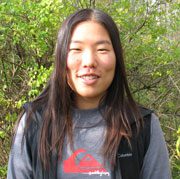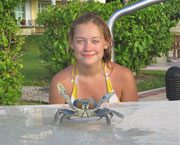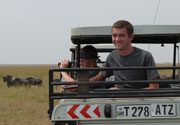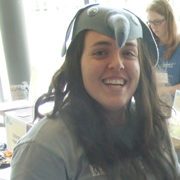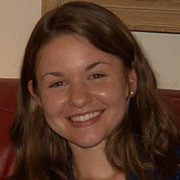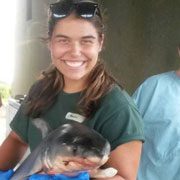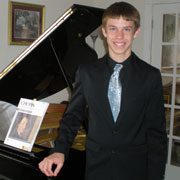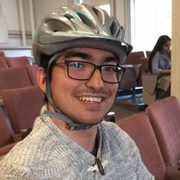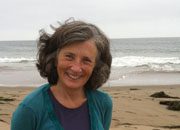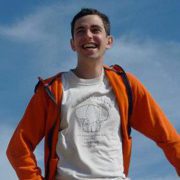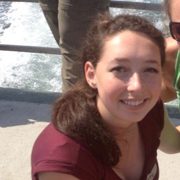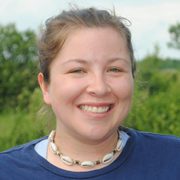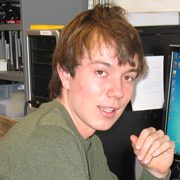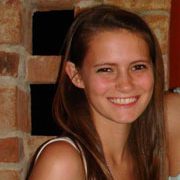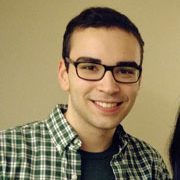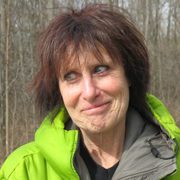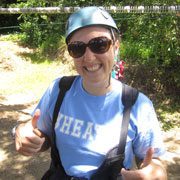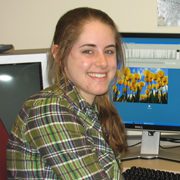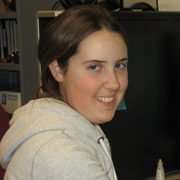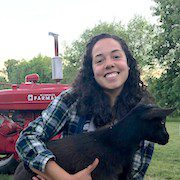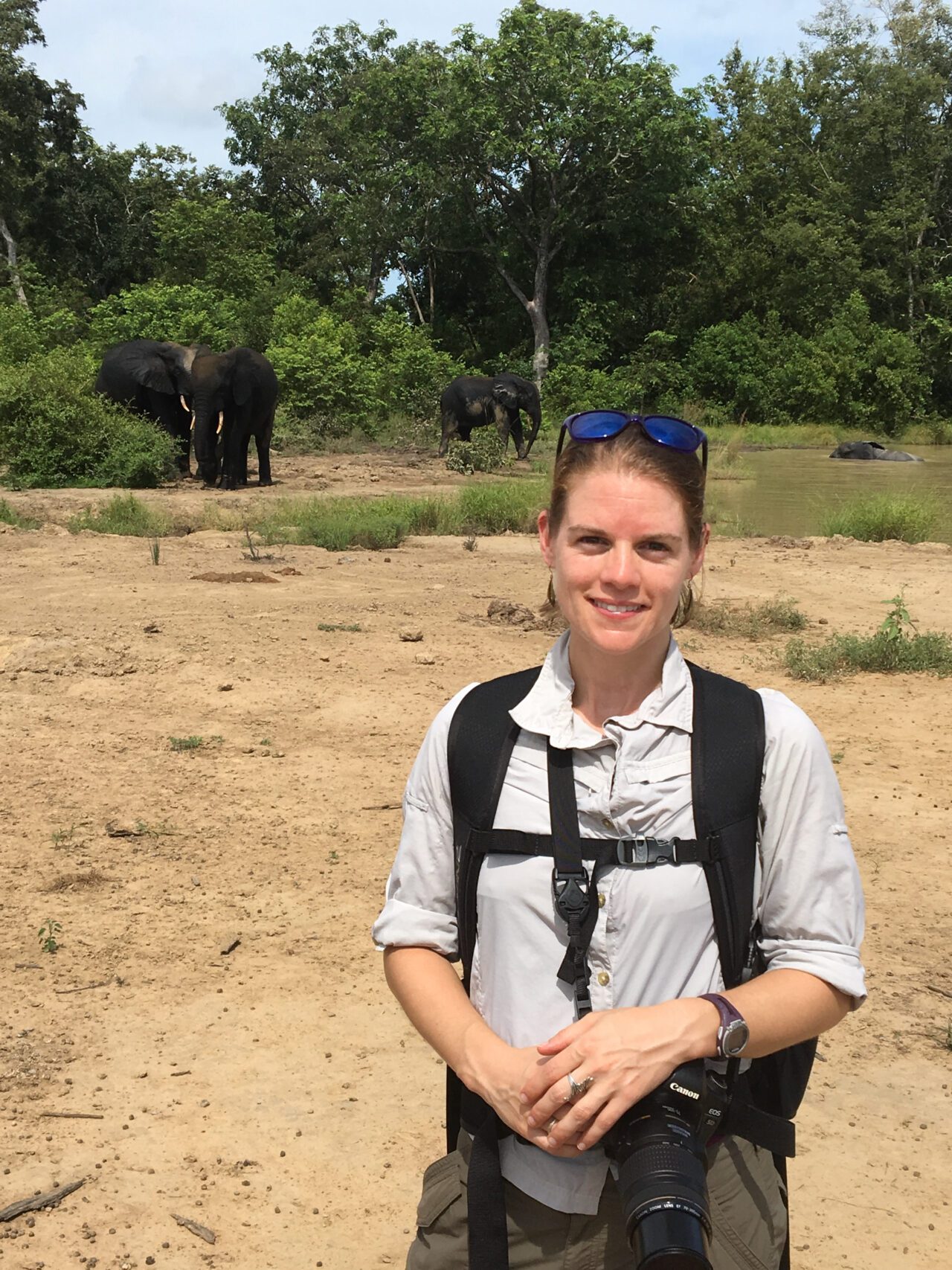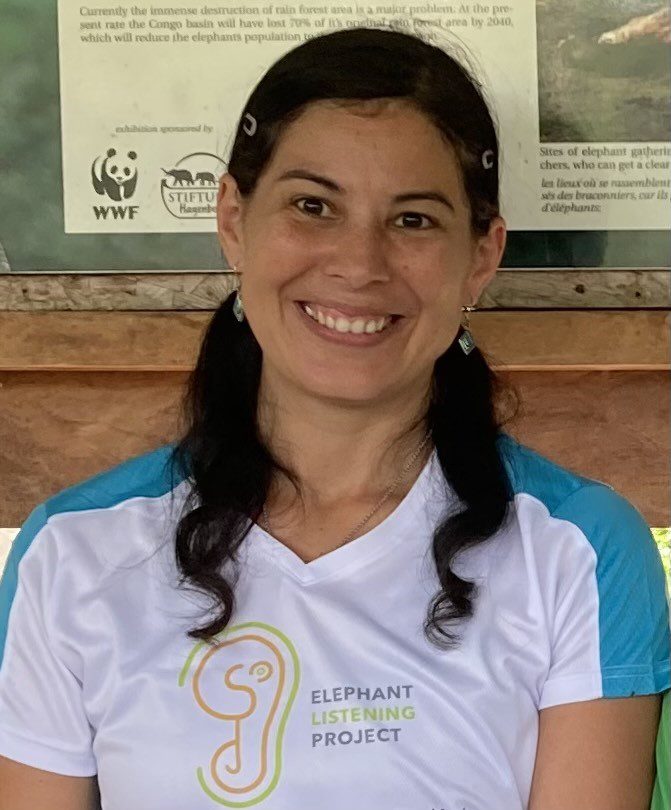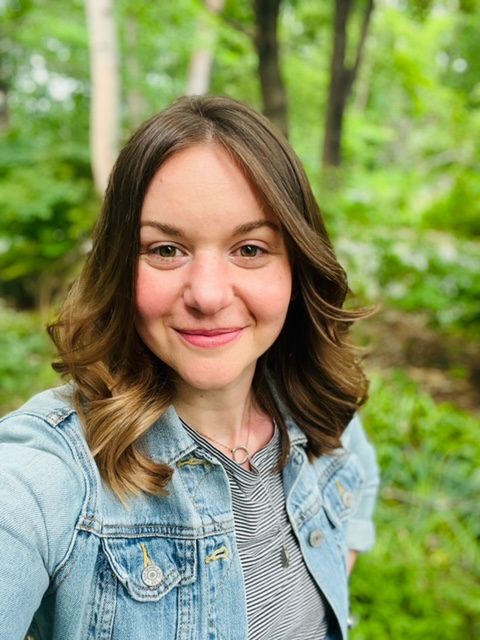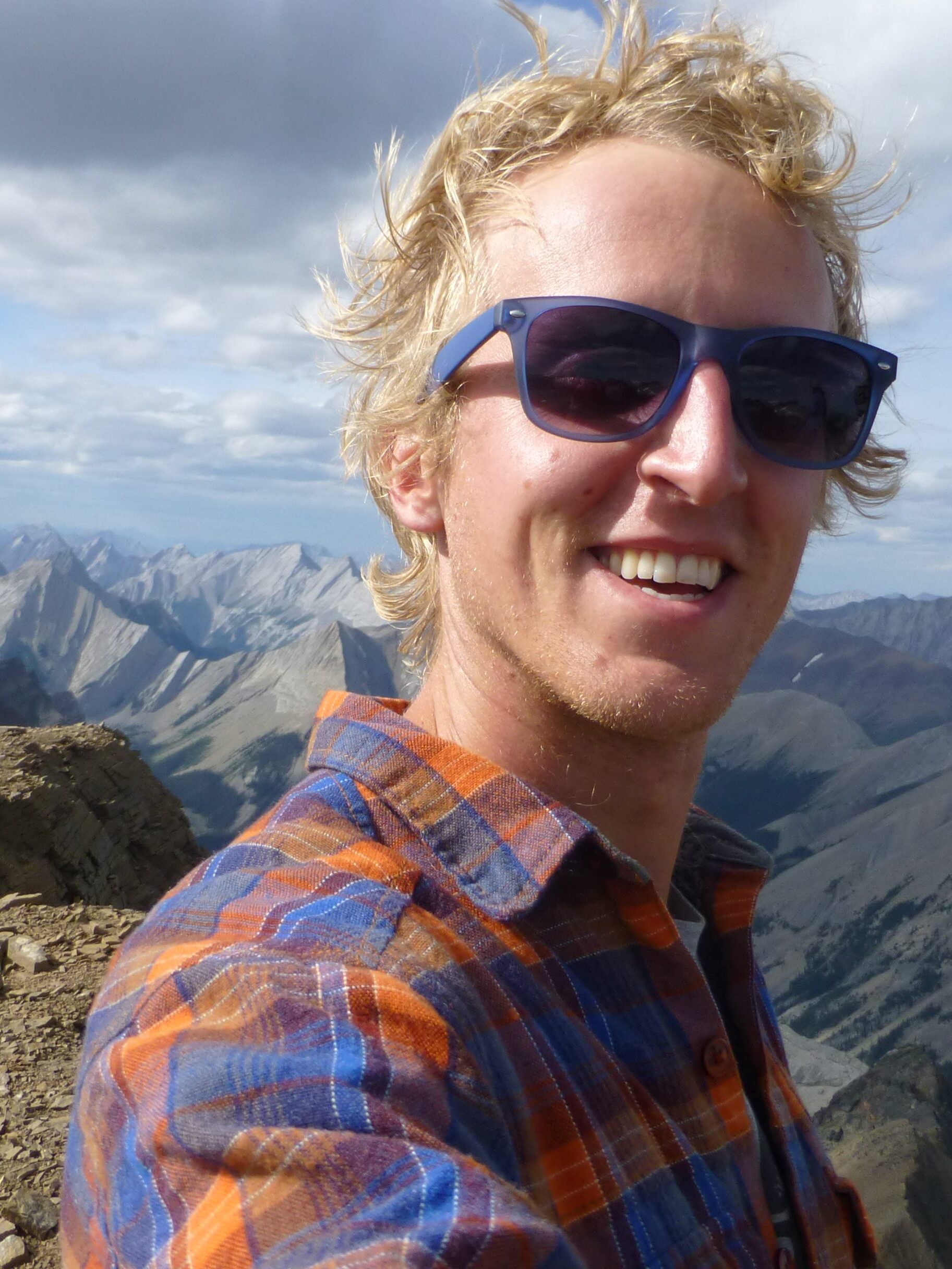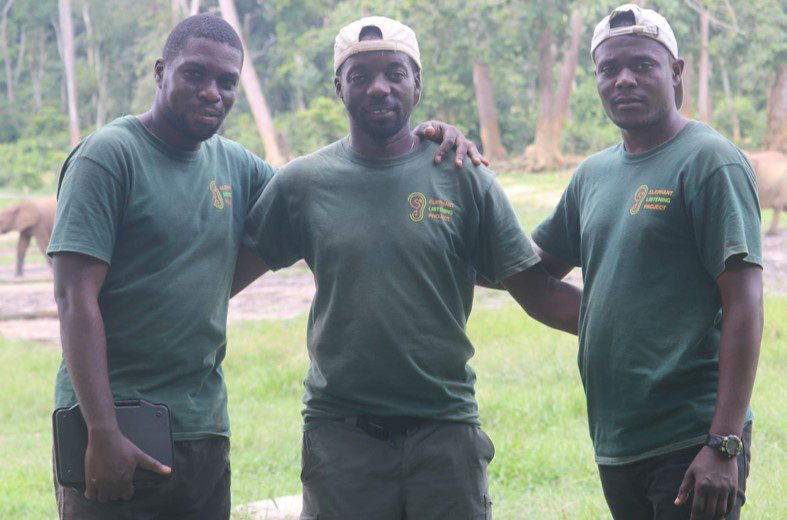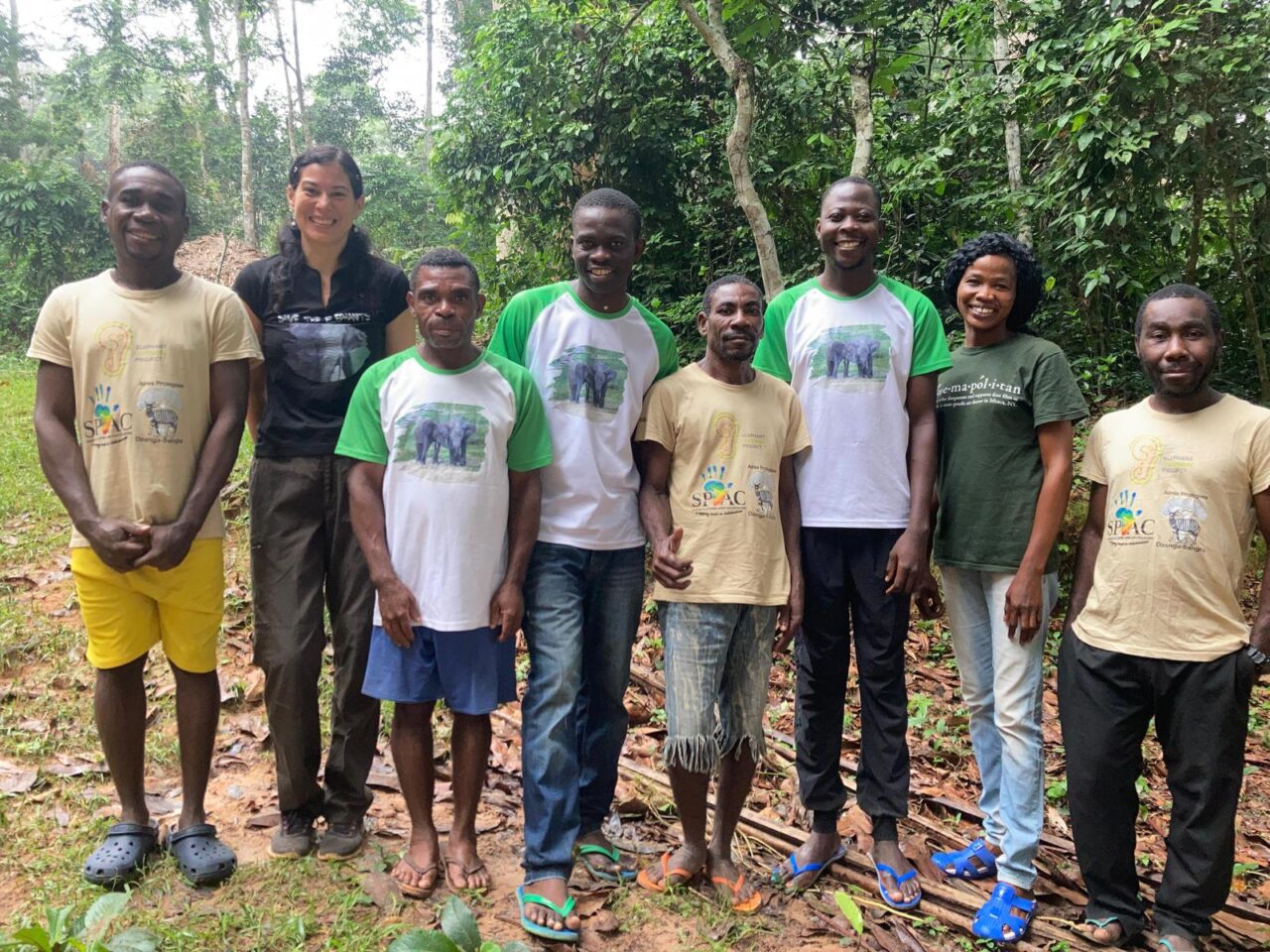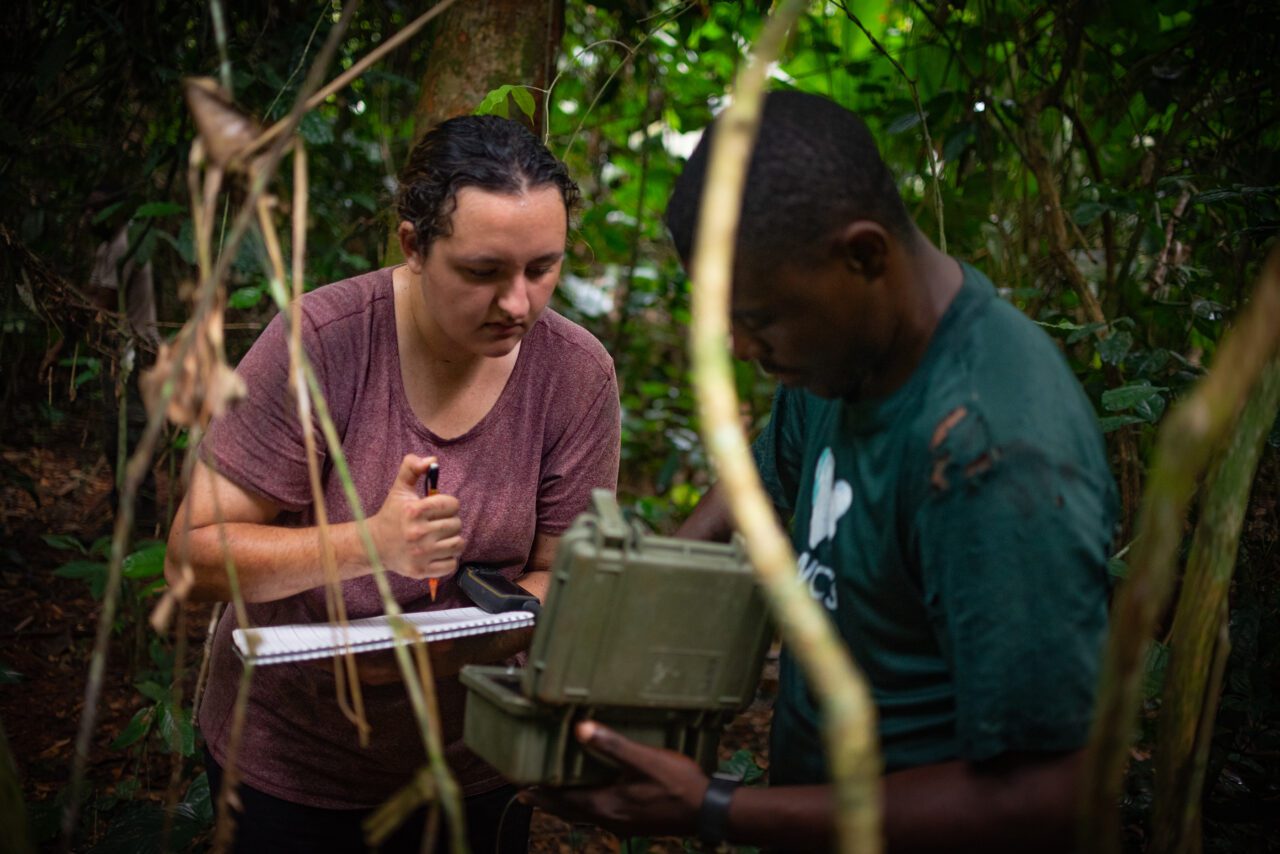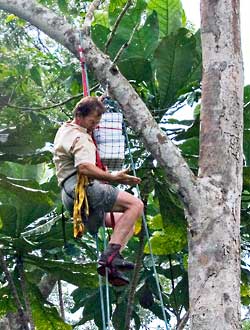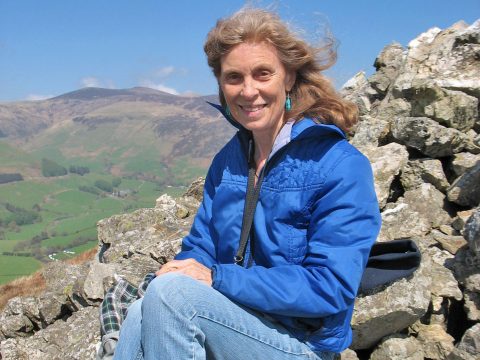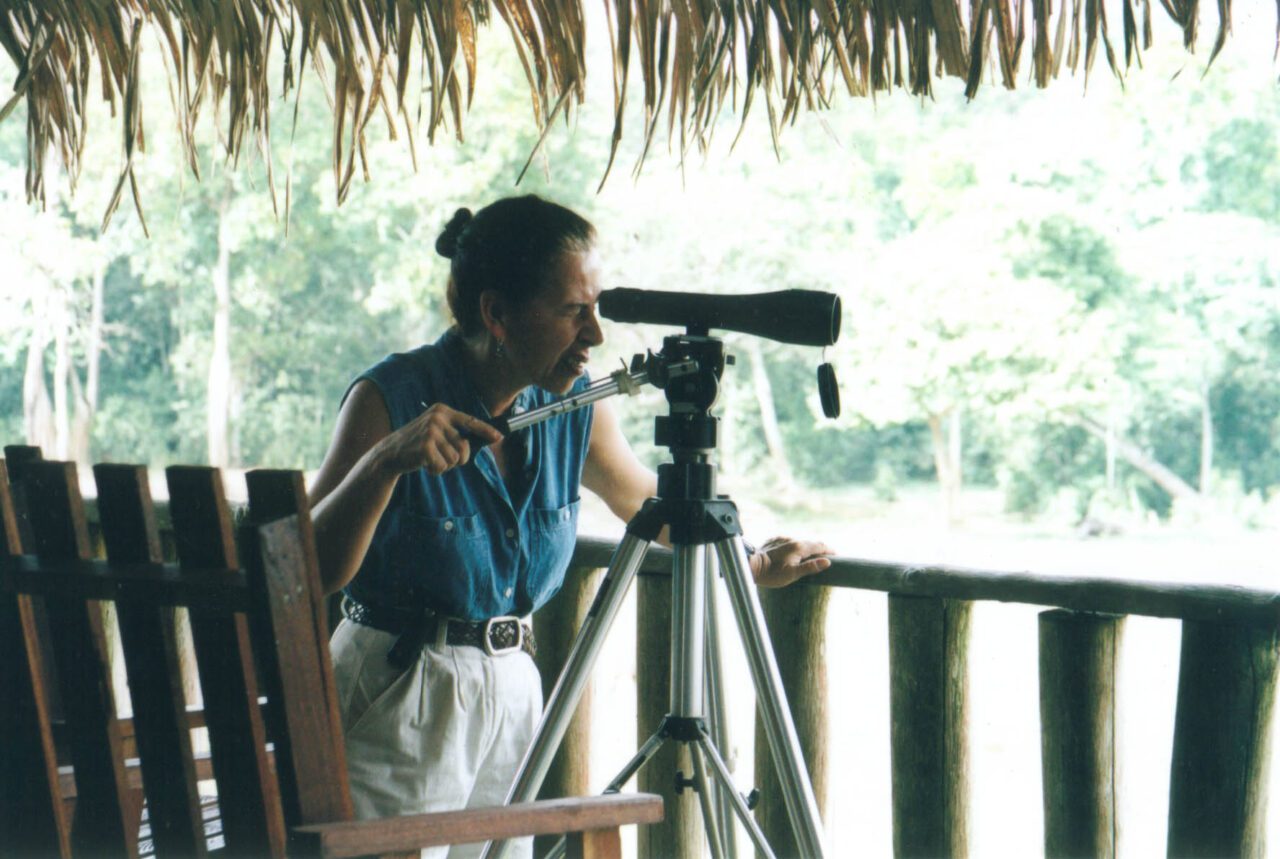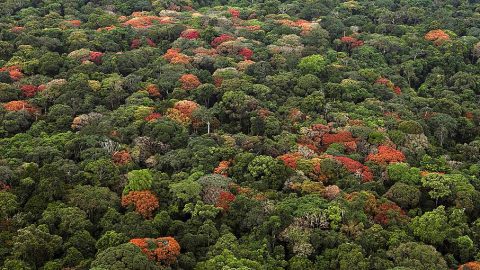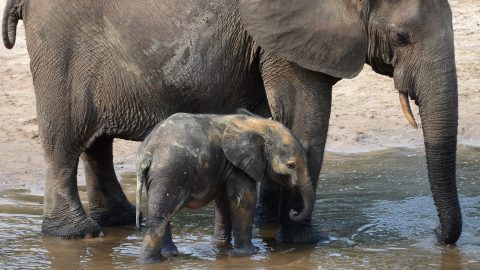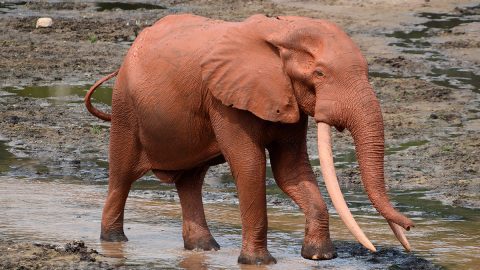The Team
Current Team
-
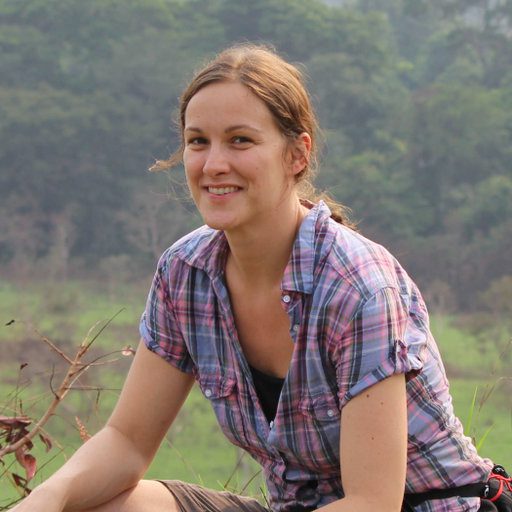
Daniela Hedwig
Daniela became the director of the Elephant Listening Project in 2021. She is a behavioral and conservation biologist with more than 15 years of experience in in field-based bioacoustic research and conservation efforts in Central Africa. As project lead, Daniela aims for long-term conservation impact by combining research and capacity building in close partnership with conservation organizations on the ground to integrate monitoring efforts into ongoing conservation management strategies.
-

Bobbi Estabrook
Bobbi joined the team as Research Support Specialist in 2021. She conducts acoustic analyses, manages & carries out research projects and mentors the many students that join our lab each semester. Bobbi first touched base with ELP in 2007, when she attended the first ever Sound Analysis Workshop. With more than 10 years of experience using passive acoustic methods to understand the ecology of baleen whales, Bobbi’s current research focuses on the acoustic ecology of African forest elephants and the effects of human activities on their vocal behavior.
-

Ivonne Kienast
Ivonne joined the team in 2020 as the principal investigator of the Dzanga Forest Elephant Project. Ivonne has more than nine years of hands-on experience managing several conservation and research projects in Central Africa. Ivonne is passionate about protecting forest elephants through research and building local capacity by giving young Africans a voice in conservation. Besides managing the Dzanga Project, Ivonne is working on her PhD dissertation focused on forest elephant landscape use.
-

Sophie Trowbridge
Sophie joined the ELP team in 2022 as a data analyst after several years of volunteering with us. As a veterinarian focused on conservation medicine with a special interest in bioacoustics, Sophie brings a unique perspective to our work! When not listening to elephants, she enjoys hiking with her husband and their black lab Lila.
-

Colin Swider
Colin joined the team in 2023 after collaborating with ELP since 2017 on his dissertation research. As a data analyst Colin refines and extends our research at the landscape scale. He combines acoustic data on forest elephant and illegal gun hunting with satellite imagery analyses to construct models that shed light on forest elephant habitat use and the factors that drive poaching pressure across the landscape. His other interests include surfing and playing music with friends and family.
Field Teams
-

Nouabalé-Ndoki Acoustic Team (WCS-Congo)
These Wildlife Conservation Society researchers have been working with us for more than five years. The team is not only independently maintaining, curating, and analyzing data from our acoustic grid in northern Congo, but also regularly hosting workshops on passive acoustic monitoring for other Central African conservationists and researchers.
Left to right: Phael Malonga, Frelcia Bambi and Onesi Samba.
-

Dzanga Forest Elephant Project Team (WWF-CAR)
These inspiring World Wildlife Fund researchers are working hard to protect the Dzanga Bai forest elephants through research, capacity building and close engagement with their communities. Many of our team members come from the local community of indigenous Ba’Aka people and bring unique and intimate knowledge about the forest elephants to the project, especially as some have been observing the elephants at Dzanga for over 20 years!
Left to right: Jean Mobeawe, Ivonne Kienast, Jeannot Ngbanda, Michael Boungalo, Jean Marie Azobe, Isidore Yankoisse, Mireille Mozouta, Bertin Ngbonga.
Extended Family
-

Ana Verahrami
Ana began her sojourn with ELP while still an undergraduate at Cornell, quickly making herself indispensable. After assisting with the analysis of elephant vocal signals, she threw herself into preparations to help us restart the study at Dzanga. Ana recently completed her masters degree based on data from our northern Congo project. Ana is passionate about utilizing bioacoustics systems to increase our understanding of the complex relationships between anthropogenic disturbances and species’ activities, behaviors, and survival, while working in partnership with local communities using an equitable and decolonized approach.
-

Peter Wrege
Peter directed the Elephant Listening Project from 2007 up until recently. Over the 40 years of his career Peter spent extended field seasons managing research projects in such places as Venezuela, Panama, the Galapagos and Kenya, before finding his way to Gabon and Congo to listen to the sounds of the forest of Central Africa. With the escalating poaching pressure on forest elephants, Peter shifted much of the focus of the program toward developing acoustic-based approaches to solve practical conservation goals.
-

Liz Rowland
Liz has been instrumental to the success of the ELP over the past 20 years. As a true data mastermind, Liz analyzed data from sound recordings made in Central Africa, organized and archived the data, and also trained numerous volunteers to help us with data analysis. Even though she retired alongside Peter in 2021, Liz is still providing support with ongoing data analysis!
-

Katy Payne
Katy founded the Elephant Listening Project in 1999, after discovering and extensively studying the infrasound communication of African elephants. She founded the ELP to use these calls as a means of measuring the behavior of elephants and to monitor elephant population sizes. Her vision, her deep insights and her kindness and thoughtfulness still lay at the heart of the ELP’s efforts today.
-

Andrea Turkalo
From the start, ELP worked in collaboration with Andrea Turkalo, the world’s leading expert on forest elephant biology. In 1990, Andrea initiated the Dzanga Forest Elephant Study at the Dzanga Bai forest clearing, which is to date the longest continuous study of forest elephants anywhere. When she retired in 2017, she had gathered 27 years of behavioral and demographic data, as well as racks of video and sound. The world’s most complete compendium of data on forest elephants.
Interns & Volunteers
